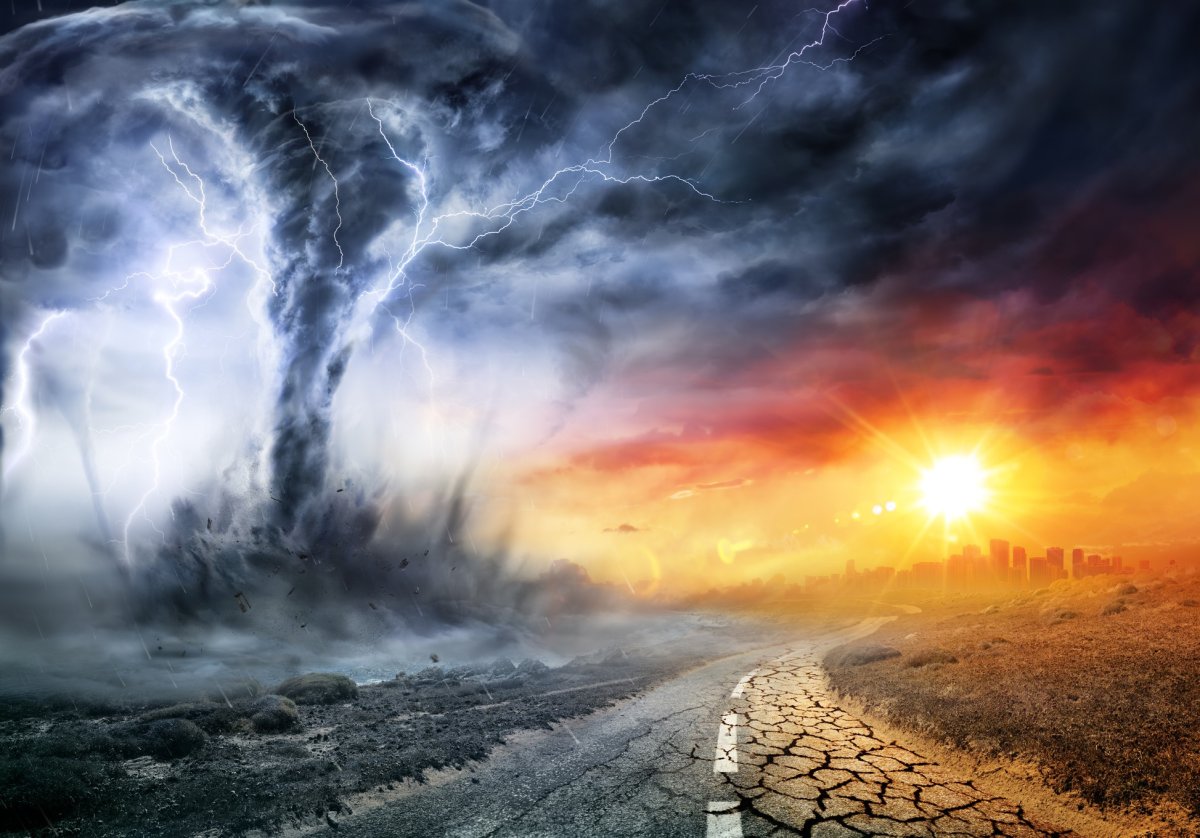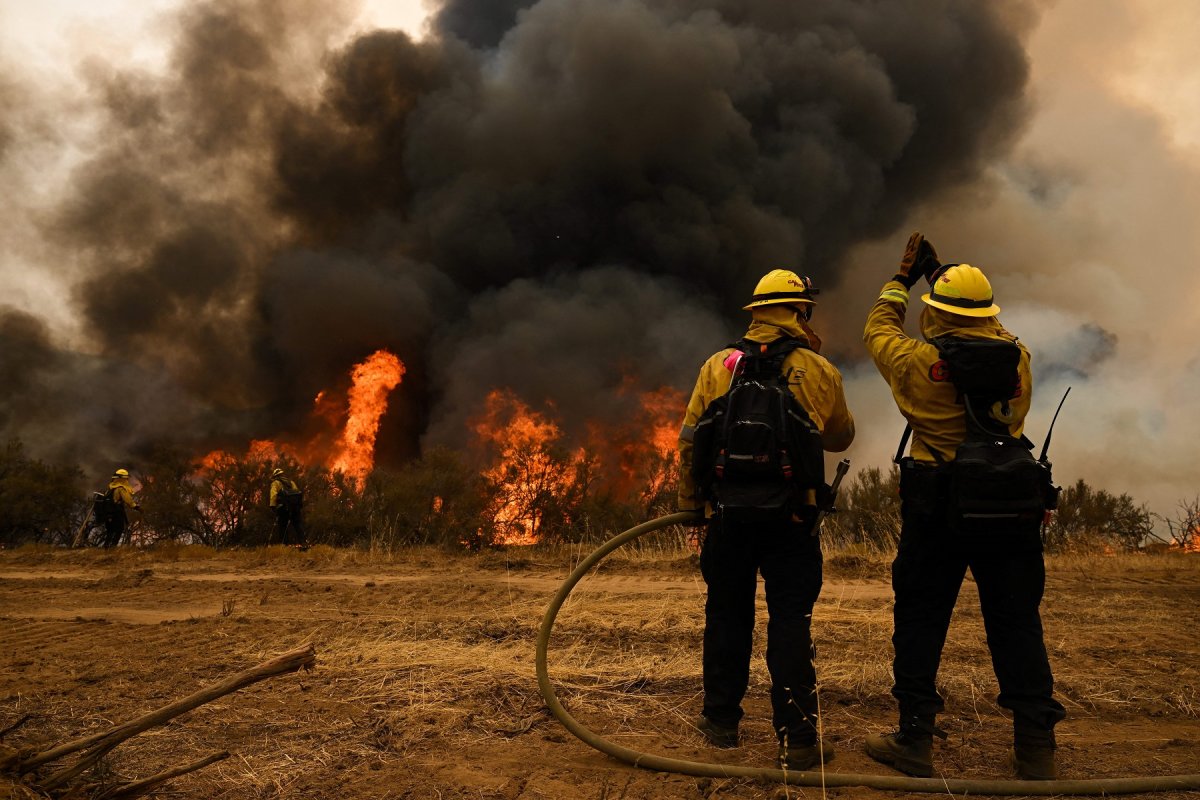Record-breaking heatwaves seen across the world this summer are set to repeat themselves due to human-induced climate change—even if we reached net zero today.
The summer of 2022 has set thousands of new temperature records across the United States alone, according to data from the National Oceanic and Atmospheric Administration (NOAA).
Based on data received through August 5, there were 7,355 record warm daily highs set during the month of July alone. To take just one example, downtown Sacramento, California, reached an all-time high of 116 degrees Fahrenheit on September 6, surpassing a record that had stood since 1925.

It's not just the U.S. that is feeling the heat. Europe, too, has sweltered in uncharacteristically hot temperatures. Hot, dry air from North Africa pushed temperatures in parts of Spain to 104 degrees Fahrenheit as early as May this year—around 50 to 59 degrees higher than average for that time of year.
The mercury kept on rising, and on September 8 the European Commission's Copernicus climate change program announced that the average summer temperature over the continent this year had been the hottest on record.
"The nature of some of these records is remarkable," Brian Hoskins, professor of meteorology at the University of Reading in the U.K., told Newsweek.
"For instance, the new UK record maximum temperature (40.3 Celsius) [104.5 degrees Fahrenheit] broke the old record by 1.6C, and the previous record was set only a couple of years ago. This is in the context of a data set that is more than 350 years long."
Un-Natural Cycles
The mechanisms behind these heatwaves may vary by region, but, as with the "heat dome" that broke temperature records in the Pacific northwest in 2021, air pressure systems are key.
"Partly, it's the large-scale weather patterns," Craig Clements, professor of meteorology and climate science at San José State University, told Newsweek. "Here in the California Bay Area we have this high pressure ridge, which is a big buildup of air, and that air tends to be very stagnant. So there's no sea breeze that usually cools off San Francisco, and that really is triggering the extensive heat. We can just continue to heat it with the sun's input because there's no cloud cover."
It's natural for these air pressure systems to fluctuate over time. On the West coast of the U.S., low pressure systems bring rain and cooler temperatures due to air from the north, with high pressure systems following behind.

However, Clements notes that these weather patterns are becoming more pronounced and lasting longer. They're also becoming less "natural".
"At this stage, 'natural cycle' no longer applies," Chris E. Forest, professor of climate dynamics in the Department of Meteorology and Atmospheric Science at Pennsylvania State University, told Newsweek. "Across the globe, the likelihood of breaking weather extremes is directly related to the impact of climate change related to multiple causes, but primarily, increasing heat-trapping gases like CO2, CH4, N2O, and changes in landscape and landcover."
Hoskins echoed the point, referring not only to conditions in the west but also the major drought in China and the deadly catastrophic flooding seen in Pakistan. "We know of no natural cycles that would lead to such records," he said. "I consider that it is virtually impossible that they would have happened without human-induced climate change."
More to Come
All experts Newsweek spoke to agreed that record-breaking conditions are something we can expect to experience repeatedly in the coming years.
"We're not gonna get out of this," said Clements. "This is what the climate science and meteorological community is saying—that we're going to have more heat waves that are going to be more intense. We're going to be breaking records. I would say that we should expect more of these conditions in the future decades."
Despite efforts to curb greenhouse gas emissions, much of the damage is already done—at least for the next few decades. In the U.S., greenhouse gas emissions in 2020 were down 21 percent compared to 2005, but still totaled 5,222 million metric tons.
"In the long-term, even if we got to net zero emissions today, it will take the next 30 to 50 years until we start to see 'stabilized' global temperatures and the future extremes will be exacerbated by each degree of warming," Forest said. "So, for the past few decades, we have moved towards the era where extremes related to climate change will be more likely to occur."
Uncommon Knowledge
Newsweek is committed to challenging conventional wisdom and finding connections in the search for common ground.
Newsweek is committed to challenging conventional wisdom and finding connections in the search for common ground.
About the writer
To read how Newsweek uses AI as a newsroom tool, Click here.








